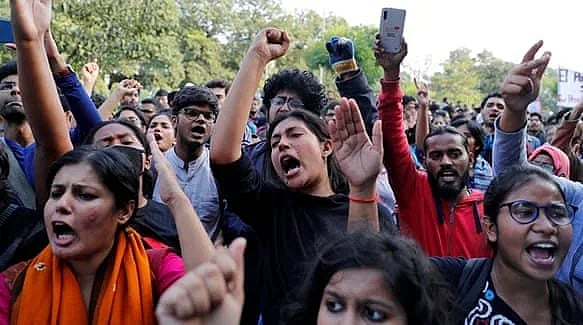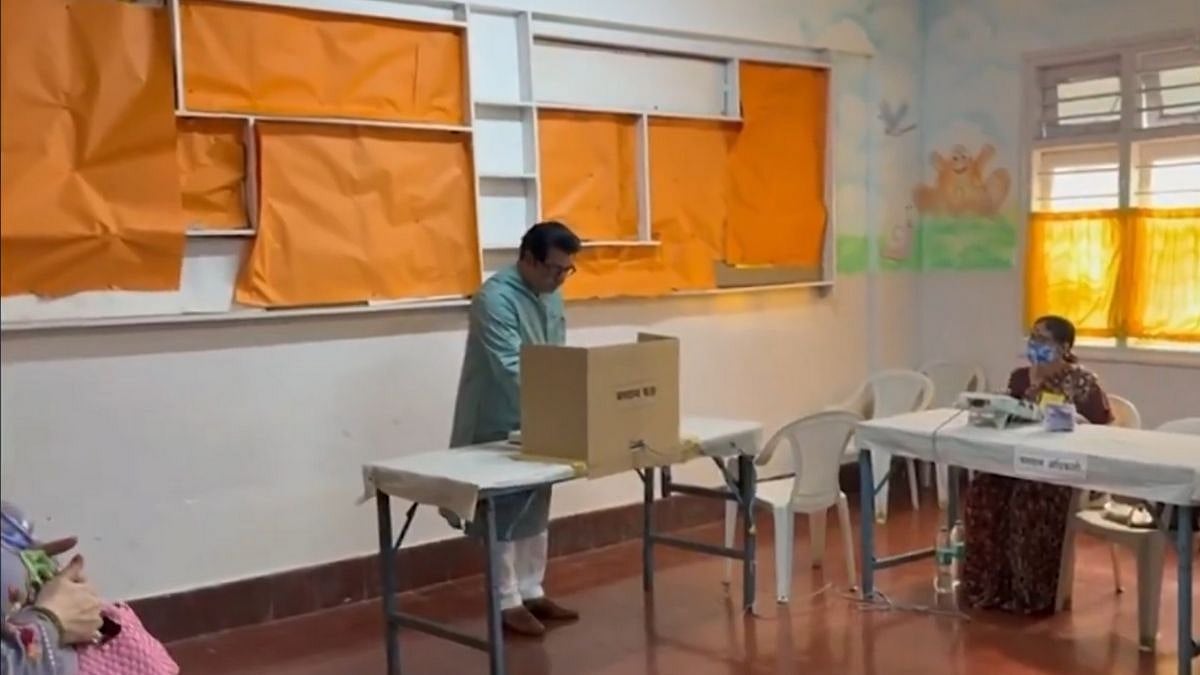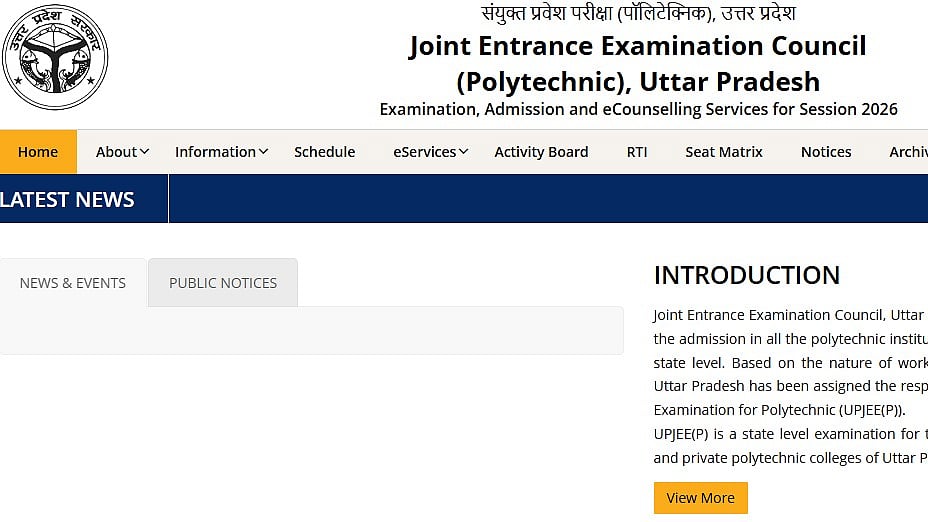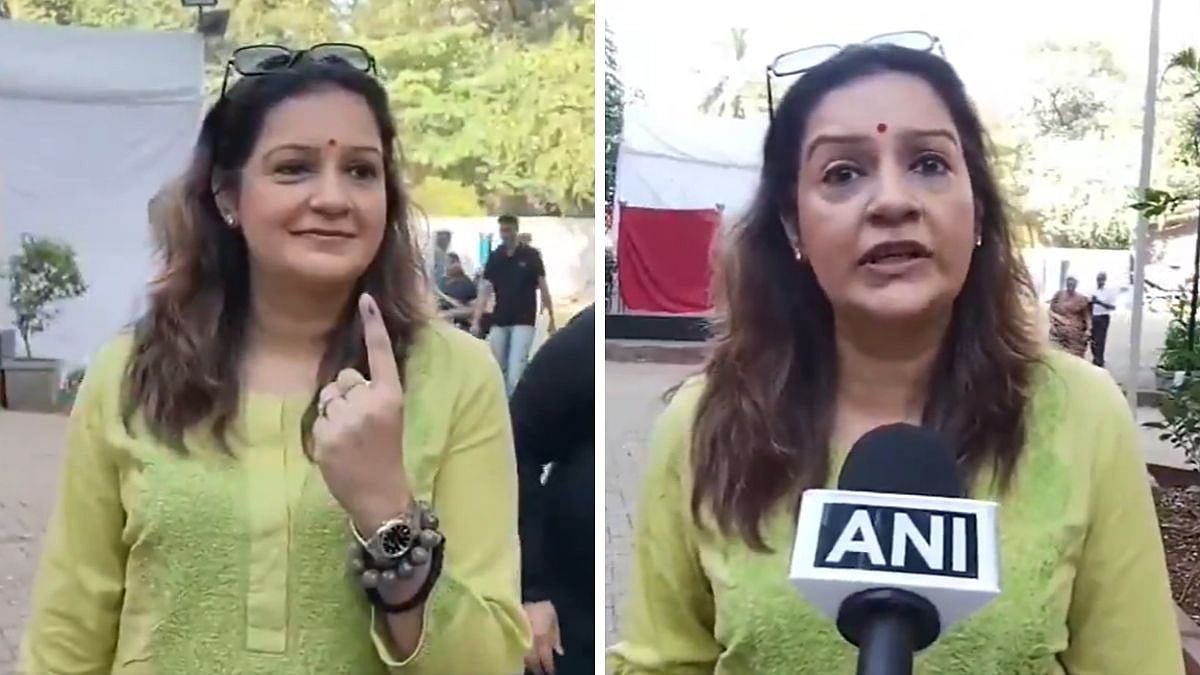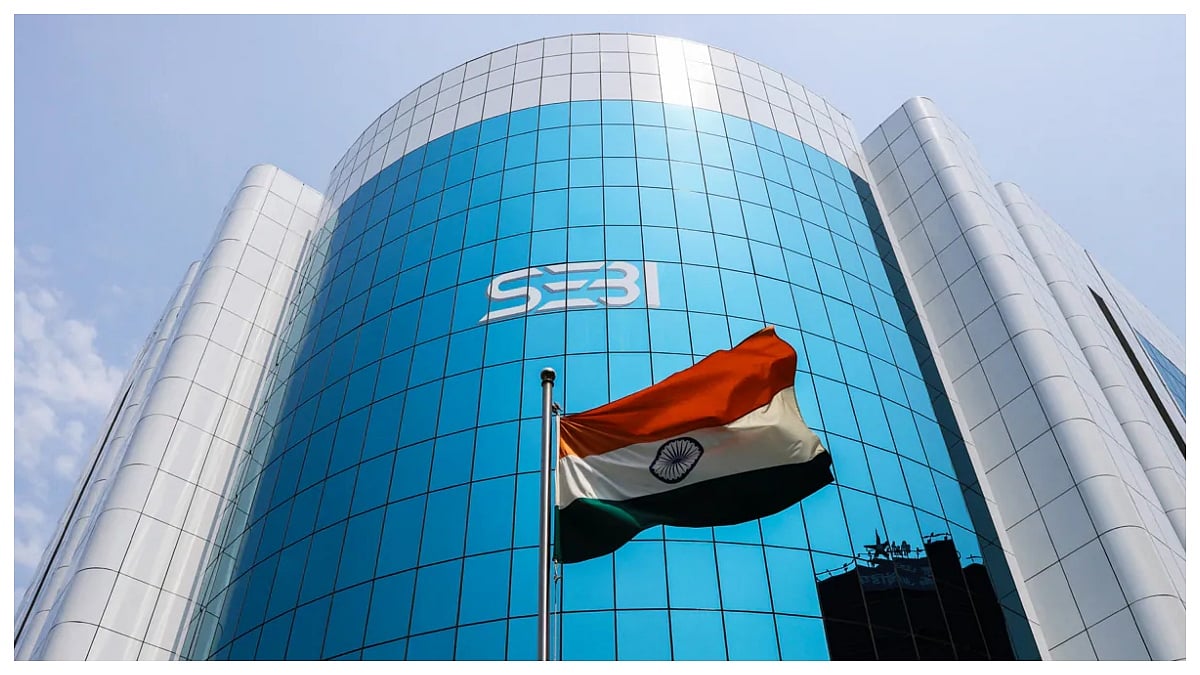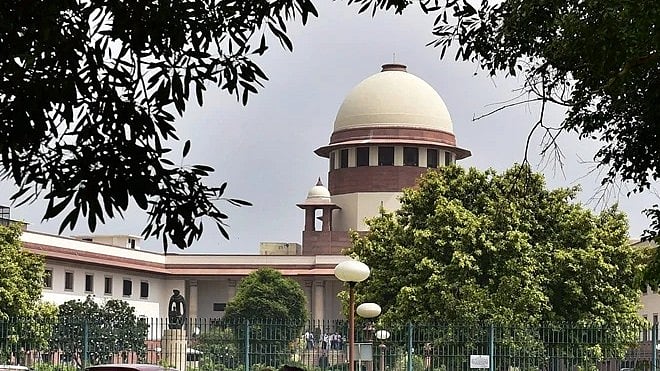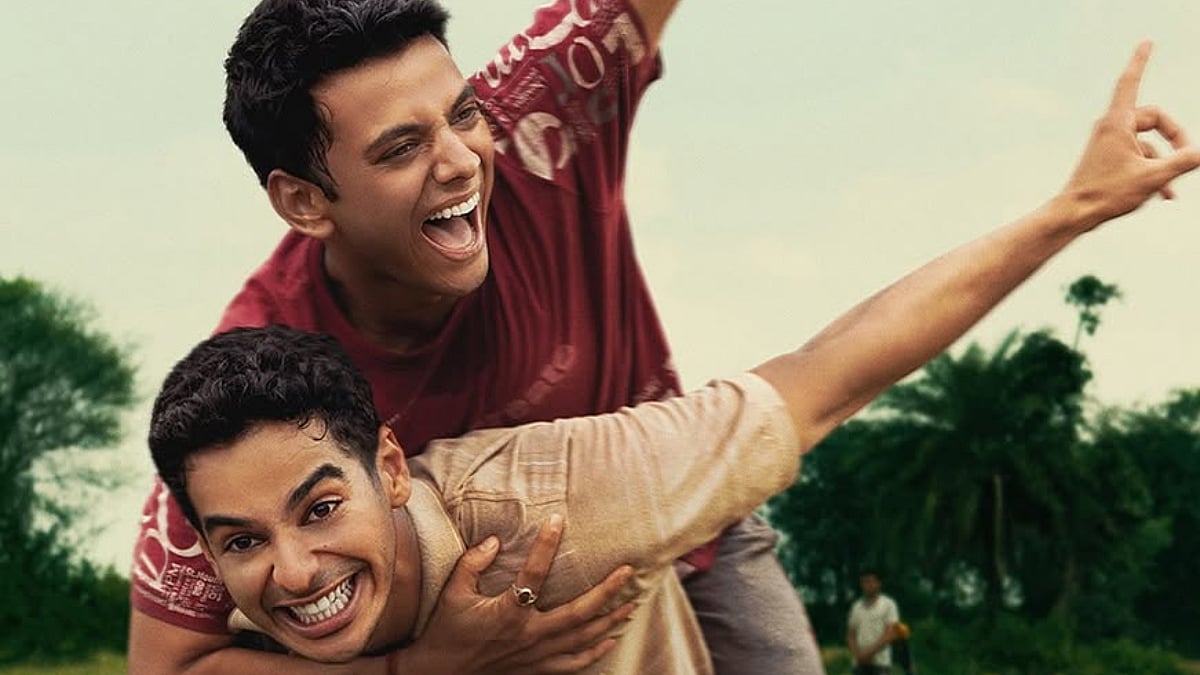The contempt of court case against the Tamil actor Suriya (which was fortunately and wisely dropped by the Madras High Court) and the case of contempt against Prashant Bhushan raise serious concerns about the judiciary’s notions of its self-image. One wonders if merely raising questions is now being seen as an offence. Going by the investigation in the Delhi riots, there should be little doubt that the days of citizens' protest against a government policy are a thing of the past.
The CAA-related protests emerged due to the selective nature of the Act, which sought to provide citizenship to ‘persecuted minorities’ from the neighbouring countries. The relief was not provided to all neighbouring countries; it was not provided to all minorities either. Nearly a dozen tribal communities in Bangladesh – such as the Bru and the Chakma—are much smaller in numbers than the religious communities that received relief by the amended Act. It was the selective nature of the CAA that was being questioned by the protesting groups.
The Delhi riots were an entirely different issue. But in the investigation by Delhi Police, the two were put together and many young protesters were picked up under the charge of a ‘conspiracy.’ On the other hand, leaders from the ruling dispensation who made inflammatory speeches were not even mentioned in the three chargesheets submitted to the court. It appears that the police department is working towards proving its theory of a large-scale conspiracy. The trend is worrisome for citizens who believe that the Constitution gives them the freedom of peaceful assembly and freedom of expression of their views.
What is even more worrisome is that the use of the Unlawful Activities (Prevention) Act (UAPA) has become far too frequent. The latest disclosure by the National Investigation Agency shows the number of UAPA cases over the last few years: 922 (2016), 901 (2017) and 1,182 (2018). These numbers are large for the kind of provisions contained in the Act.
The UAPA earlier had good intentions and good international conduct. The United Nations, in response to the 9/11 (2001) attack by al-Qaeda, sensing the need to have legislative backing for the anti-terrorism drive initiated by the member states, had requested the community of nations in November 2001 to form suitable laws. After several related UN resolutions and particularly the UN Security Council Resolution 1822 of 2008, India amended its UAPA (in 2008). A further amendment to it in 2019, passed through Parliament in August altered Section 35 of the UAPA and made it applicable to ‘individuals’ who could be categorised as terrorists, while in the past it was applied to ‘organisations’ alone.
The results of this ‘re-interpretation’ are before us. In April, Masrat Zahra, a 26- year-old photojournalist from J&K was booked under it. In Delhi, Meeran Haider and Safoora Zargar, students from the Jamia Millia Islamia University, and Umar Khalid from the JNU have been held using the provisions of UAPA. In Assam, the well-known RTI activist and human rights defender Akhil Gogoi has been in prison since December 2019.
Several prominent intellectuals have been booked using the provisions of the draconian law by claiming that they had incited violence during a meeting held in Pune last year. Among them are Gautam Navlakha and Anand Teltumbde. Some weeks ago, Delhi University Professor Hany Babu Musaliyarveettil Tharayil was arrested under the same provisions of the UAPA. The All India Students’ Association’s (AISA) Delhi President Kawalpreet Kaur too has been brought under the scanner. This is not a complete list of the individuals who have been arrested.
The use of the UAPA against individuals who raise uncomfortable questions, coupled with a pliant judiciary, has now become a deadly instrument for suppressing thought and ideas. Terrorist activities and sedition are terms that immediately place even a completely innocent individual under a heavy cloud of public suspicion, once charged so by the state. However, in the process, the state is turning free-thinking, holding divergent views, dissent and disagreement on important public issues into ‘a crime’.
Interpretation of an act as a ‘crime’ too needs minimum discernment. Some time ago, Jeyaraj and Benicks, father and son, were allegedly beaten up, tortured and killed by two police sub-inspectors posted at the Sathankulam Police Station in Tuticorin. The Tamil Nadu CID arrested the cops, the Madurai Bench of the Madras High Court ordered a probe and the CBI was asked to take over the case. The victims were half-an-hour late in downing the shutters of their small shop. The police officers felt duty-bound to point out the violation of the corona-related business hour regulation. A great tragedy for all four -- the killed and the killers -- and their families took place.
As it happened in the colonial past with communities (now called the Denotified Tribes) that were perfectly innocent but were brought under the spectre of suspicion as ‘being potentially criminal,’ currently, dissent is being brought under labels like ‘sedition’ and ‘terrorism’. Regimes, by the very nature of how they are constituted, will always find it convenient to use the law with a semantic twist. However, the Constitution, and the fundamental rights guaranteed by it are bound to get seriously corroded in the process.
Governments are creatures of the Constitution. When they wilfully ignore the need to deepen the spirit of the Constitution, they display an insufficient understanding of the relationship between the people, the Constitution and their joint creature, the government. Allowing the democratic space for dissent ultimately is at the heart of democracy.
Dr Ganesh Devy is a literary scholar and a cultural activist. He is chairman of the People's Linguistic Survey and leads the Dakshinayan movement of writers.
The Billion Press
